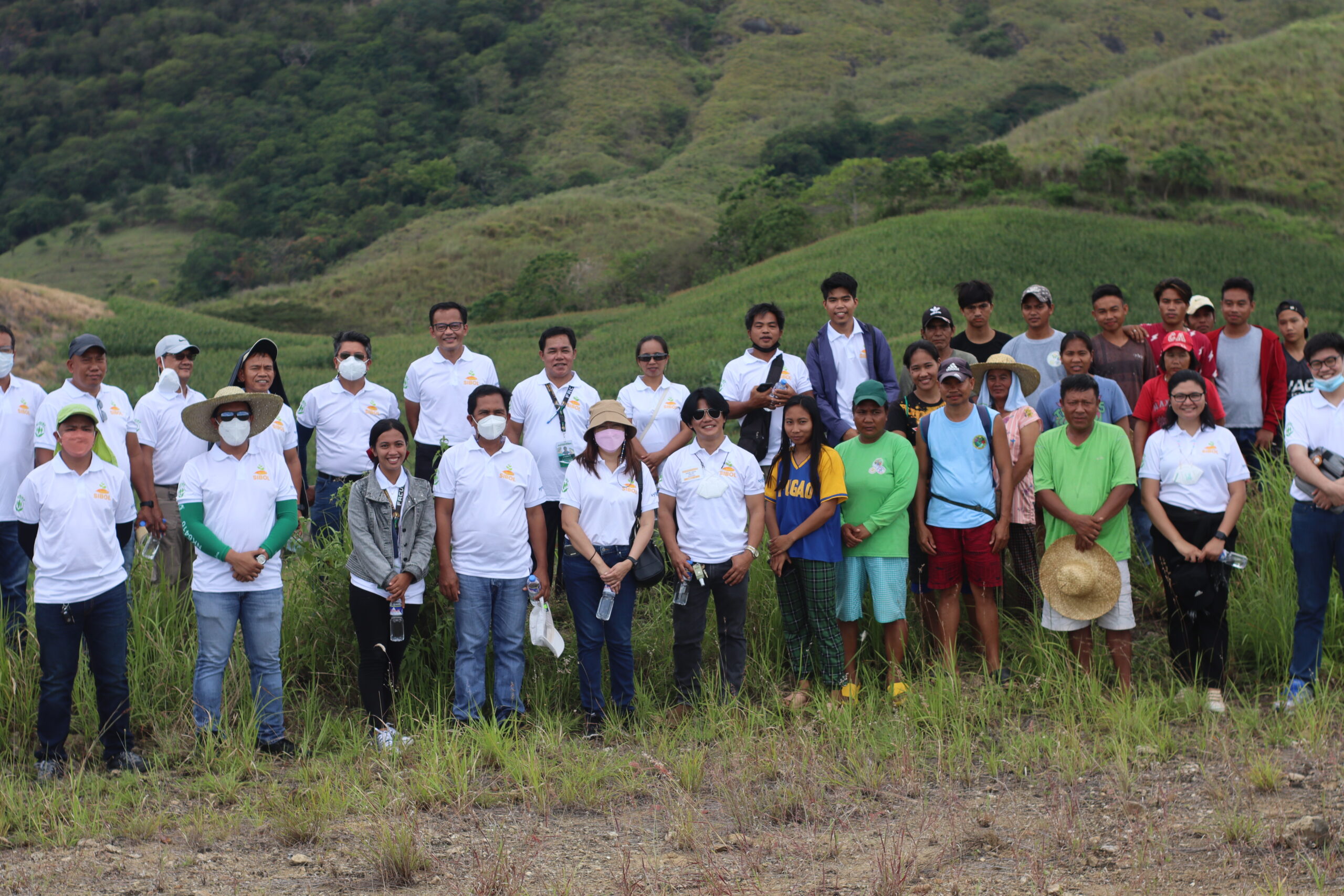A sustainable farming partnership by ASSIST and Syngenta Philippines aims to improve livelihoods and yields of over 20,000 farmers through soil health
8 April 2022, Manila, Philippines – Asia Society for Social Improvement and Sustainable Transformation (ASSIST) and Syngenta Philippines, Inc. have announced an initiative to improve farmer livelihoods and yields through healthy soil. Project SIBOL will reach over 20,000 farmers to educate them on proper soil management and regenerative agriculture starting in the Cordilleras and Cagayan Valley, the top corn-producing region in the Philippines.
Corn is one of the most significant crops in the country but productivity in the region has been hampered by problems related to intensive farming practices, leading to significant soil erosion and degradation. Named after the Tagalog word for sprout, growth, or germinate, Project SIBOL aims to help farmers in Cagayan Valley and the Cordilleras improve productivity and double their corn yields within the next three years from current levels of four metric tons per hectare.
According to Ruby Eduarte, Business Sustainability Manager of Syngenta Philippines, Inc., “Farming should not only be profitable but sustainable as well, as the existence of our growing global population depends on it. The SIBOL project will bring better soil health, yield, and income to the farmers of Cagayan Valley, and for the Philippines, greater food security and climate resilience.”
In addition to training farmers on climate-smart agricultural practices, the project aims to establish two model farms to showcase the benefits of adopting these sustainable practices and Syngenta’s innovative technology. The project’s pilot phase will take place in Isabela and Ifugao, with plans to replicate this project in other corn-growing areas around the Philippines in the following years.
“As our population continues to grow, food scarcity and security are becoming an unavoidable problem. We believe that SIBOL not only addresses these issues but also helps our farmers boost agricultural productivity and yield in a sustainable manner while enhancing long-term soil health at the same time. Our farmers are faced with numerous challenges. They don’t have to face these challenges alone,” says Francis Macatulad, ASSIST’s Executive Director.
“What distinguishes this project is the integration of multiple technologies. These technologies can help ensure that the lands remain productive and can assist many farmers in improving their livelihoods. We’re all here to provide farmers with a better future through technology,” added Allan Nieves, Head of Agronomy & Field Corps, Syngenta Philippines Inc.
Projet SIBOL is created with the assistance of Ifugao State University; Isabela State University; Municipal Agricultural Office; Bureau of Soils and Water Management, and local government units.
75% of all croplands in the Philippines are vulnerable to soil erosion. This has impacted the country’s corn farming sector, with erosion driving a decline in corn productivity by 80% over the last 25 years[1]. Soil is also a key nature-based climate solution. Soil stores around 80% of carbon in terrestrial ecosystems, about two to three times more carbon than is in the atmosphere
[1] Bureau of Soils and Water Management and Department of Environment and Natural Resources
[2] Ontl, T. A. & Schulte, L. A. (2012) Soil Carbon Storage. Nature Education Knowledge 3(10):35

